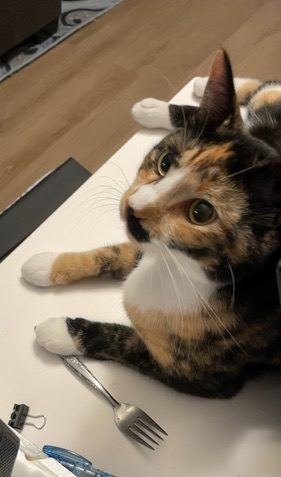People focus a lot on coming out. There’s a national coming out day, there’s coming out hotlines, even videos on YouTube of people coming out to their parents to help people through it. There’s frequently a level of shock when one eventually does come out, especially if they don’t fit what society thinks a “queer” person should look like.
Queer people don’t have certain ways of looking or dressing; feminine lesbians are just as common as more butch lesbians, and not all gay men have high-pitched, nasally voices.
Our society has only just recently begun recognizing the Lesbian, Gay, Bisexual, Transgender, Queer, Unisex, Intersex and Asexual (LGBTQUIA) community and learning to accept us. Focusing on coming out isn’t a bad thing, but as people who don’t fit the known stereotypes, coming out becomes a bit of a tired act.
As someone who doesn’t look like what people think a lesbian looks like, I have to do it a lot; in my family, in my friend group, and even to insistent strangers.
I’ve been out for several years, and I’m pretty open about it, so it always comes as a surprise when people can’t figure it out for themselves.
An acquaintance said to me recently “I would’ve never guessed you were a lesbian, but it makes sense. I guess if your hair was shorter or something I would’ve known.”
Assuming people’s sexuality based on how they look or what you perceive to be the ‘normal’ is casually hurtful, and continues to perpetuate stereotypes of what queer people should look like.
Accepting queer people is about being mindful of different sexualities and taking people’s sexualities seriously.Just like you wouldn’t want people to assume things about you based on how you look, try consciously not to do it to others.
As the LGBTQUIA movement advances there are many places where there are issues to address and grow through— together.
By EVANGELINE FLOWERS
Guest Columnist
ejflower@imail.iu.edu












